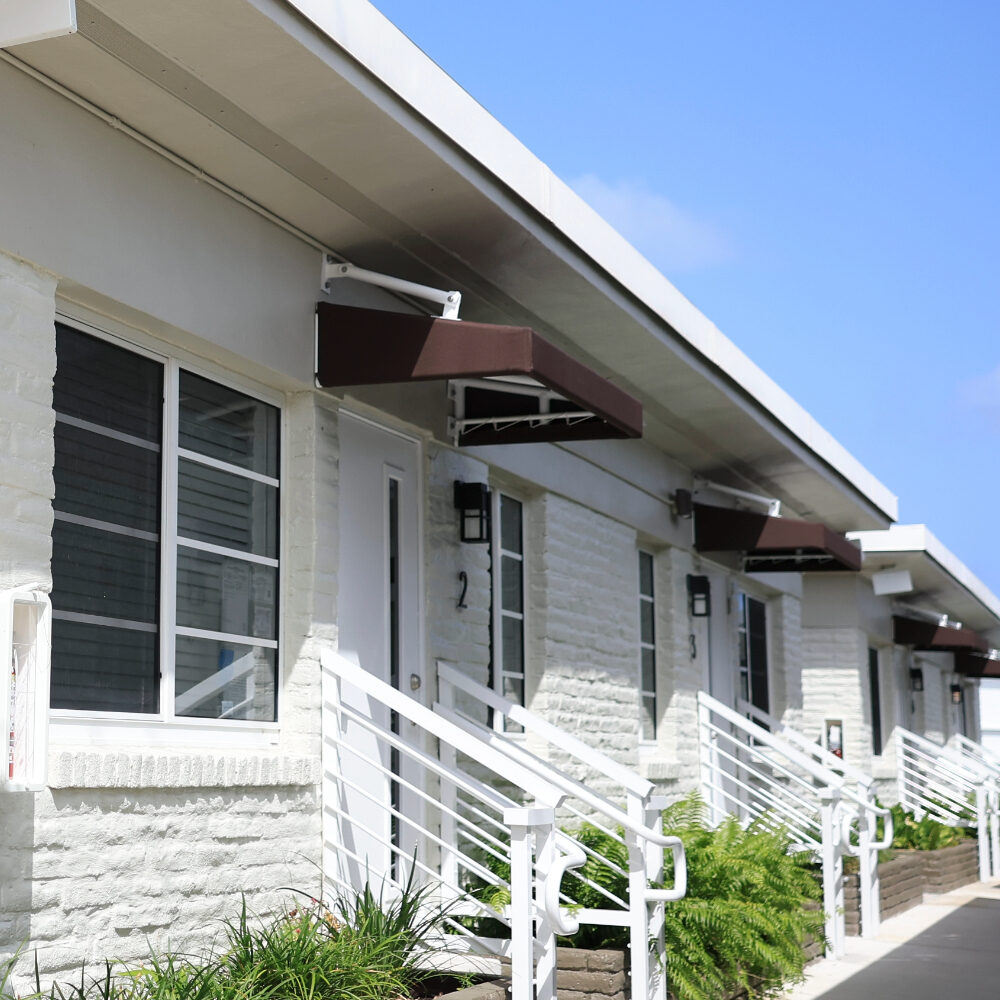SHIP funds are distributed on an entitlement basis to all 67 counties and 50 Community Development Block Grant entitlement cities in Florida. Individuals, nonprofit organizations, and for-profit developers must apply to local government for funding. The City of Miami Beach publishes an annual Notice of Funding Availability (NOFA) for the State Housing Initiatives Partnership (SHIP) Program. Funds may be utilized for the rehabilitation of housing units being acquired in conjunction with a homeownership assistance program.
Background
The program was designed to serve very low, low- and moderate-income families. Funding for this program was established by the passage of the 1992 William E. Sadowski Affordable Housing Act. Funds are allocated to local governments each month on a population-based formula. These funds are derived from the collection of documentary stamp tax revenues, which are deposited into the Local Government Housing Trust Fund. Total actual disbursements are dependent upon these documentary stamp collections.
Program Overview
SHIP funds may be used for emergency repairs, new construction, rehabilitation, down payment and closing cost assistance, construction and gap financing, mortgage buy-downs, acquisition of property for affordable housing, special needs housing, home ownership counseling and match for federal housing loans and grants. A minimum of 65 percent of a local government’s total annual distribution of SHIP funds must be used for home ownership. A minimum of 75 percent of a local government’s total annual distribution of SHIP funds must be used for construction-related activities, including rehabilitation, new construction, emergency repairs, or financing for a newly constructed or rehabilitated unit. At least 30 percent of a local government’s total annual distribution of SHIP funds must be reserved for awards to very low-income persons (50% of area median income, or AMI), and an additional 30 percent of funds must be awarded to low-income persons (80% AMI). The remainder may serve any combination of very low, low or moderate-income persons (120% AMI).
Targeting Requirements of Funds:
A minimum of 65% of the allocation, plus recaptured funds, must be spent on eligible homeownership activities.
A minimum of 75% of the allocation, plus recaptured funds, must be spent on eligible construction/rehab activities.
At least 30% of funds from all SHIP sources must be reserved for very-low-income households (up to 50% of median income).
An additional 30% of funds from all SHIP sources may be reserved for low-income households (up to 80% of median income).
The remaining funds may be reserved for households up to 140% of median income.
No more than 5% of SHIP funds may be used for administrative expenses.
If a local government makes a finding of need by resolution, a local government may use up to 10% for administrative expenses. Additionally, a portion of program income may be used for administrative expenses. 5% of program income for Cities with a large allocation, and for Counties that are not a small county as defined in s. 120.52(19) “Small county” means any county that has an unincarcerated population of 75,000 or less according to the most recent decennial census. 10% of program income for small counties and eligible municipalities that receive a local housing distribution of up to $350,000 may use up to 10 percent of program income for administrative costs, according to section 67-37.007 (5)(f) of the SHIP Rule.
Homeowner-Occupied Rehabilitation Program
The Homeowner-Occupied Rehabilitation Program in Miami Beach is a program designed to provide financial assistance to low-income homeowners in order to rehabilitate their homes. The program is administered by the City of Miami Beach's Community Development Department and is funded by the U.S. Department of Housing and Urban Development (HUD).
The program offers eligible homeowners up to $70,000 in financial assistance to make necessary repairs to their homes, such as fixing structural issues, upgrading electrical and plumbing systems, or installing energy-efficient appliances. The funds may also be used to make homes more accessible to people with disabilities.
To be eligible for the program, homeowners must meet certain income and property ownership requirements. They must also live in the home and have a clear title to the property. Additionally, the home must be located within the city limits of Miami Beach and must be in need of rehabilitation.
The Homeowner-Occupied Rehabilitation Program is aimed at improving the quality of life for low-income homeowners and making their homes safer and more livable. By providing financial assistance for necessary repairs, the program helps to preserve affordable housing and prevent homelessness.
To apply for the Homeowner-Occupied Rehabilitation Program in Miami Beach, you can follow these steps:
- Contact the City of Miami Beach's Community Development Department to determine if you are eligible for the program. You can reach the department by phone at (305) 673-7260 or visit the office located at 765 17th St.
- Hours: M-F 8:30 AM to 5 PM (Closed12 PM - 1 PM)
- If you are eligible, the department will provide you with an application form to complete. You will need to provide information about your income, property ownership, and the repairs that are needed.
- Once your application is received, a representative from the Community Development Department will contact you to schedule an inspection of your home. The purpose of the inspection is to determine the scope of the repairs that are needed.
- After the inspection, the Community Development Department will prepare a work write-up and a cost estimate for the repairs. If you agree to the estimate, you will be required to sign a contract for the work.
- Once the contract is signed, the repairs will begin. The City of Miami Beach will oversee the work to ensure that it meets all building codes and standards.


 83°
83° 
